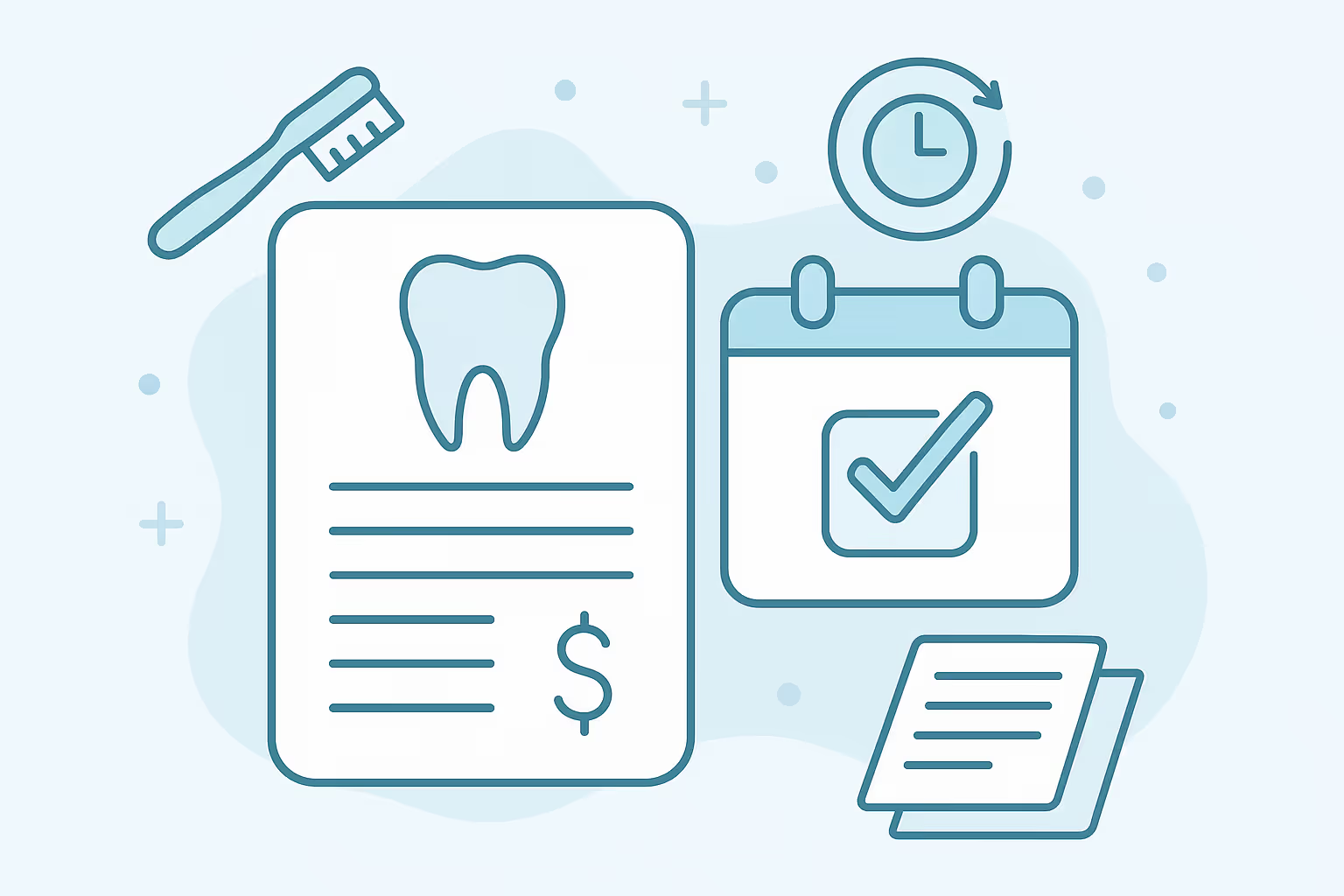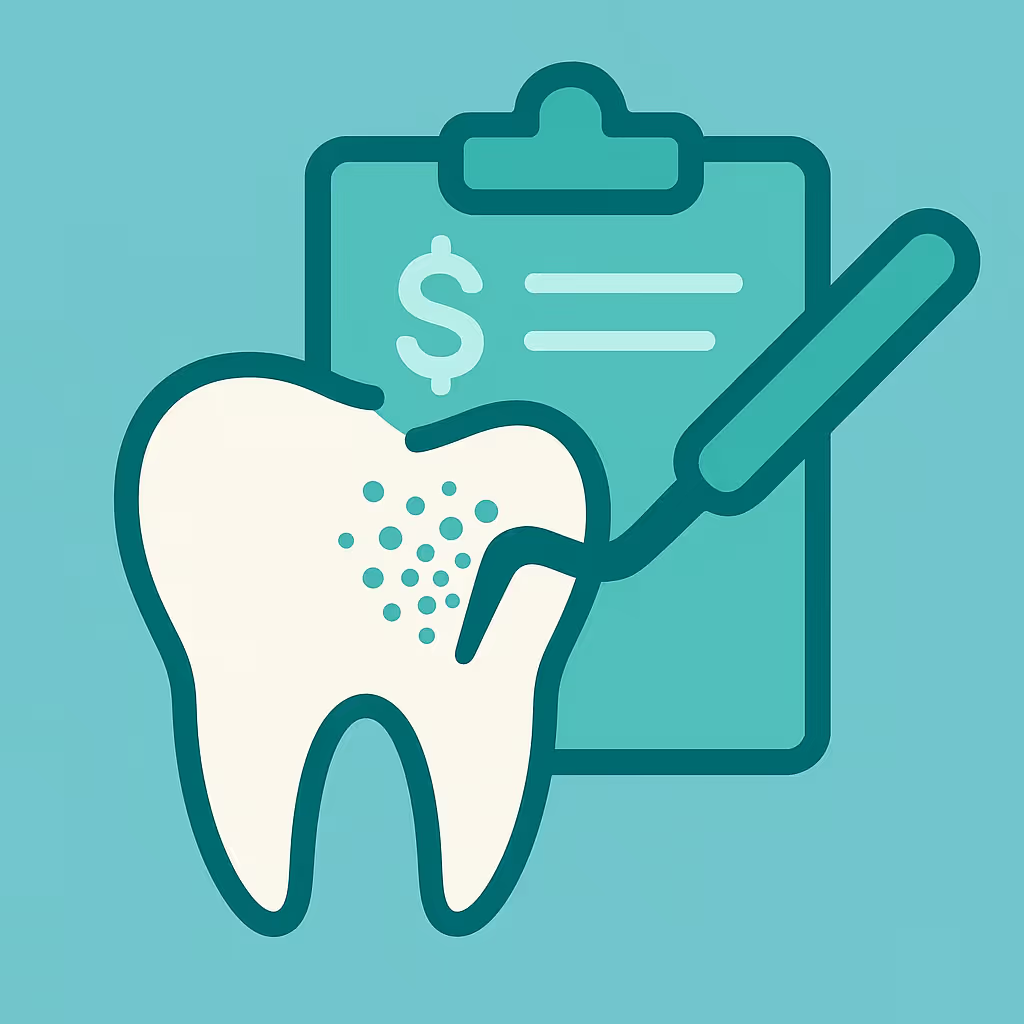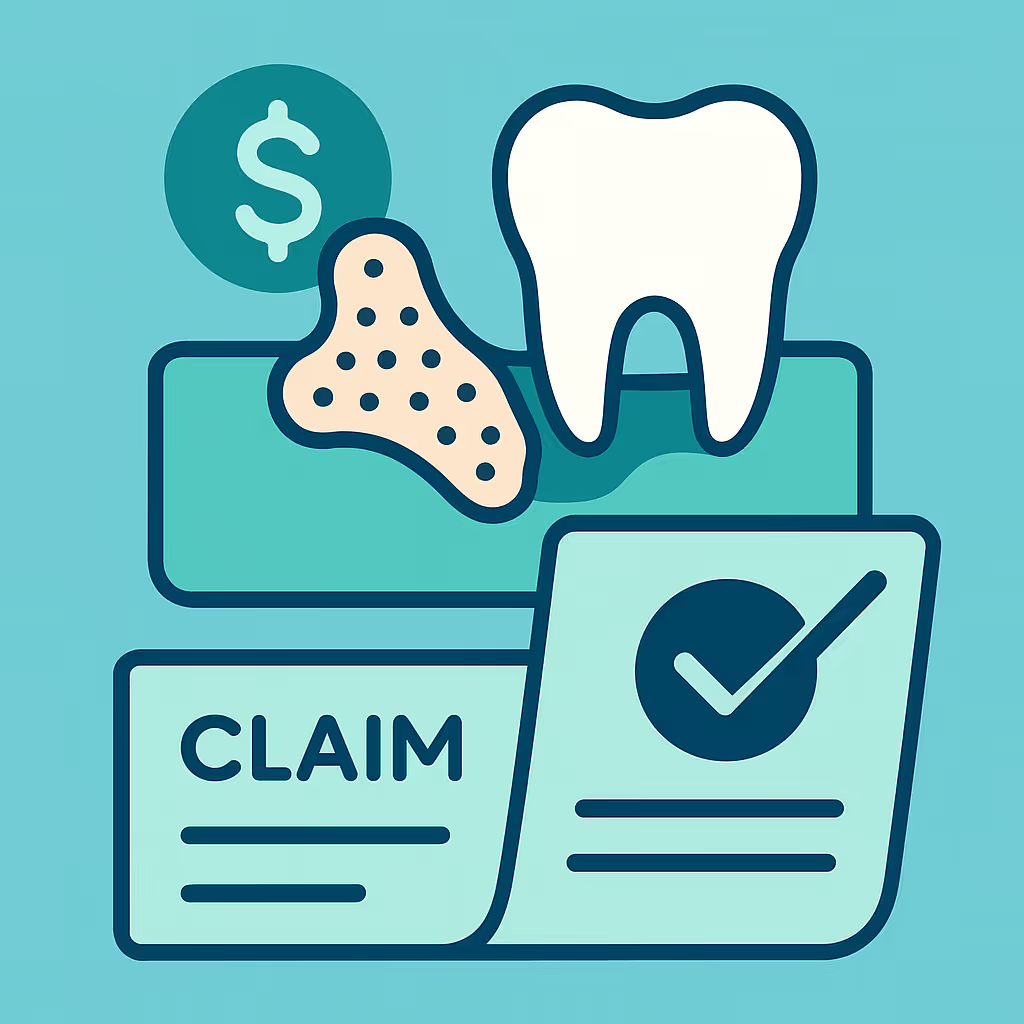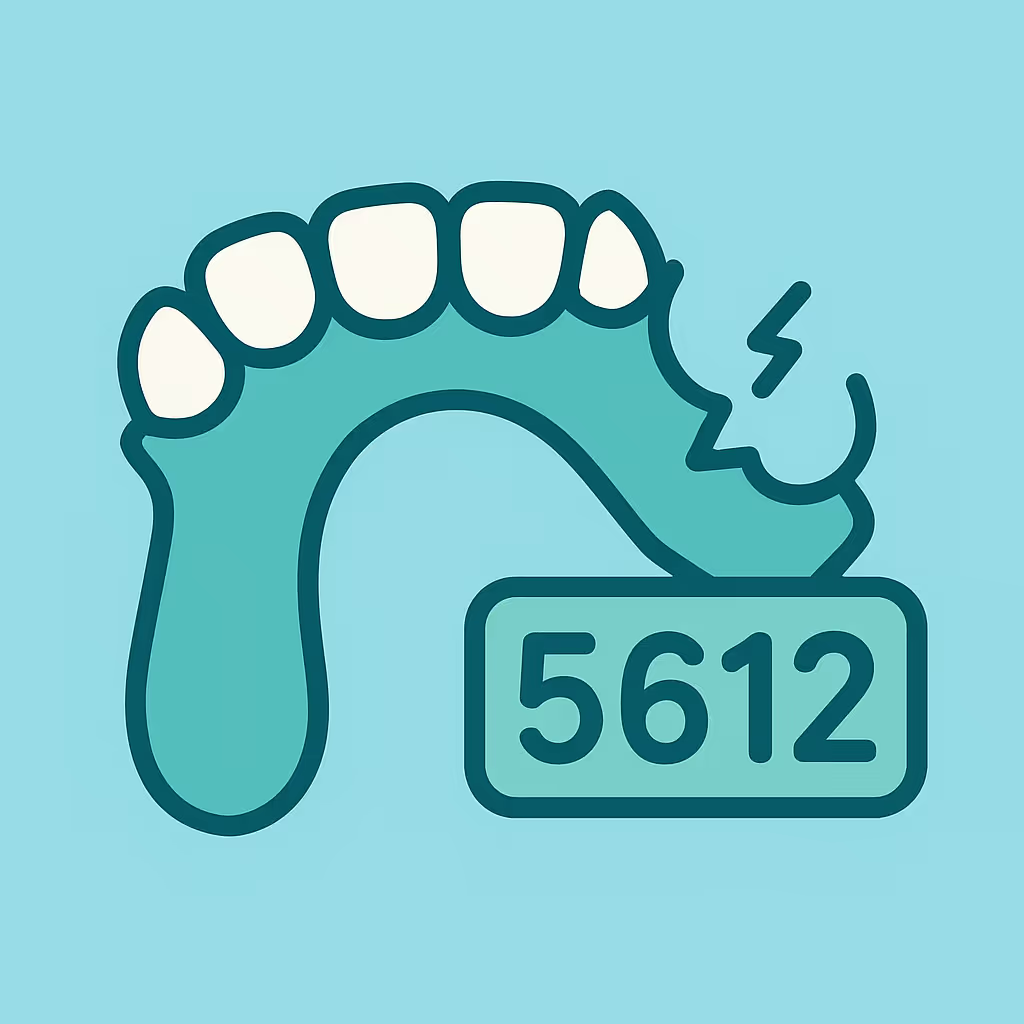Timeframes for Paying Your Dental Bill
Typical Billing Cycles for Dental Offices
Dental offices typically follow a structured billing cycle to ensure timely payment and clear communication with patients. After your appointment, the office will submit any insurance claims using the appropriate CDT codes for the services provided. Once your insurance processes the claim, you’ll receive an Explanation of Benefits (EOB) outlining what was covered and any remaining balance. The dental office then generates a statement for any patient responsibility. Most practices issue bills within 7-14 days after insurance adjudication, but this can vary depending on claim complexity and insurance response times.
Due Dates: When Payment is Expected
Once you receive your dental bill, payment is generally due within 15 to 30 days of the statement date. This window allows time for you to review your EOB, verify insurance payments, and address any discrepancies. Some offices may specify a shorter or longer due date, so always check your statement for the exact deadline. For patients without insurance, payment is often requested at the time of service or within a similar 15-30 day period after receiving the bill.
Late Payments: Policies and Fees
If payment is not received by the due date, dental offices may apply late fees or interest charges, typically ranging from 1-2% of the outstanding balance per month. In addition, accounts receivable (AR) teams may send reminder notices or make courtesy calls to help resolve overdue balances. Persistent non-payment can result in further collection actions, such as referral to a collection agency, which may impact your credit. To avoid these issues, communicate promptly with your dental office if you anticipate payment delays.
Setting Up Payment Plans if Needed
Many dental practices offer payment plans to help patients manage larger balances. If you’re unable to pay your bill in full by the due date, contact the billing department as soon as possible. Best-practice offices will review your account, verify insurance completion, and outline available installment options. Payment plans typically require a signed agreement and may involve automatic monthly payments. Proactively setting up a plan can prevent late fees and keep your account in good standing.
Tips for Managing Your Dental Bills
To stay on top of your dental bills, follow these actionable steps:
- Verify insurance coverage before your appointment to avoid surprises.
- Review your EOB and dental statement for accuracy.
- Contact your dental office promptly if you notice discrepancies or need clarification.
- Pay your bill by the due date or set up a payment plan if needed.
- Keep records of all payments and communications for your reference.
By understanding typical billing cycles and proactively managing your account, you can avoid late fees and maintain a positive relationship with your dental provider.





